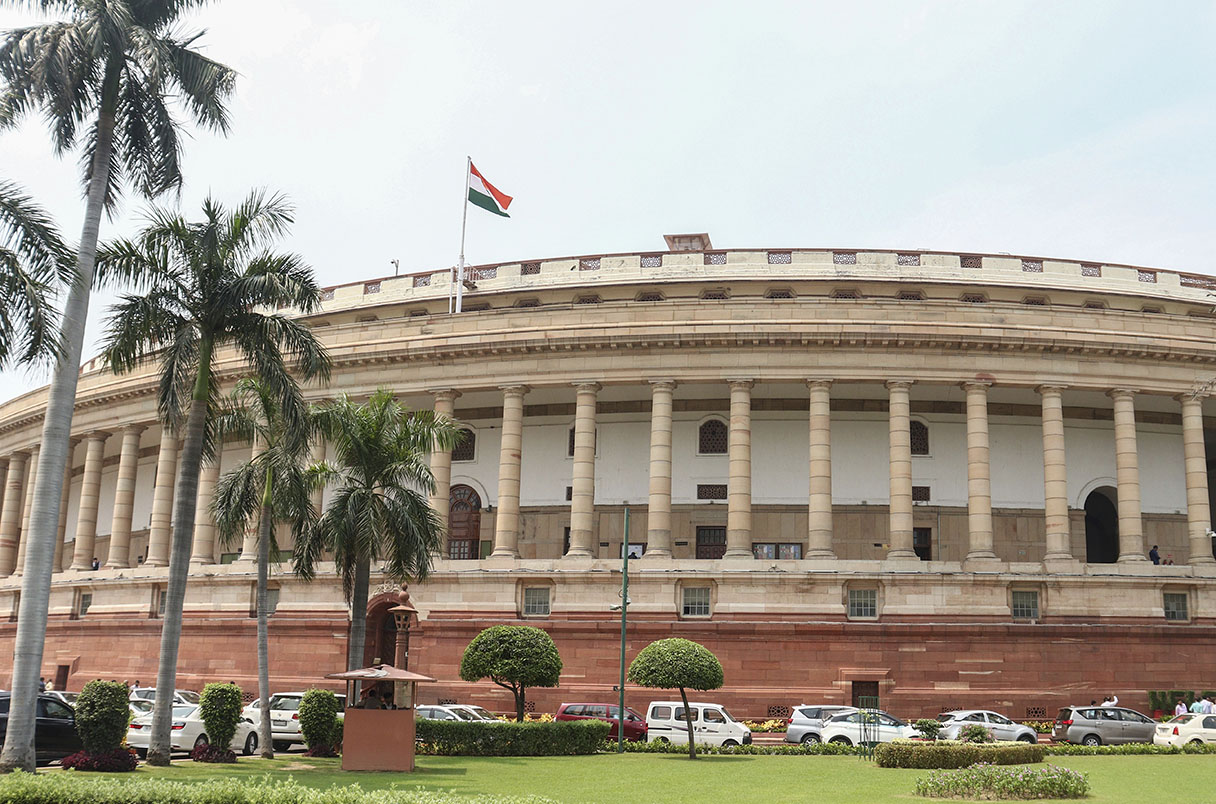India’s fiscal tightrope improving, and Goldman Sachs sees a lower deficit & consolidation focus. Optimism amidst a complex economy, controlled spending & revenue key
The Indian government’s fiscal tightrope walk seems to be finding its footing, with Goldman Sachs predicting a potentially lower deficit for FY24 and a continued focus on fiscal consolidation in the coming year. This cautiously optimistic outlook comes amidst a complex economic landscape, where controlled spending and revenue growth are expected to play key roles.
Deficit Downward Trend: Goldman Sachs posits that if the current quarter’s spending remains subdued, the final deficit figure for FY24 could dip to 5.8% of GDP, slightly below the initial target of 5.9%. This hinges on a two-pronged approach:
- Muting the Outflow: The report anticipates disciplined spending in the final quarter, leading to a potential reduction in overall expenditure. This controlled approach aims to curb the deficit without significantly dampening economic activity.
- Revenue Boost: A 0.2% increase in government receipts is also projected, fueled by factors like higher income and corporate tax collections. Additionally, non-tax revenue sources like dividends from the Reserve Bank of India and Public Sector Undertakings (PSUs) might contribute to the positive trend.
Fiscal Consolidation Path: Beyond FY24, the report suggests a continued commitment to fiscal prudence. The government is expected to target a deficit range of 5.2-5.4% for FY25, indicating a long-term focus on managing debt and ensuring economic stability.
Balancing Act: This fiscal consolidation path, however, holds its own set of challenges. While controlling spending is crucial, the government needs to ensure it doesn’t stifle vital economic activity. Additionally, external factors like global economic uncertainty and geopolitical tensions could pose unforeseen risks.
Market Signals: Despite the challenges, the positive outlook on India’s fiscal management could be a boon for investor confidence. Lower deficits often translate to stable interest rates and a promising economic outlook, attracting foreign capital and fueling growth.
Looking Ahead: The success of the government’s fiscal balancing act will depend on its ability to navigate these complex dynamics. Effective implementation of policies, targeted expenditure, and continued focus on revenue generation will be key to achieving its deficit targets and ensuring long-term economic stability.



